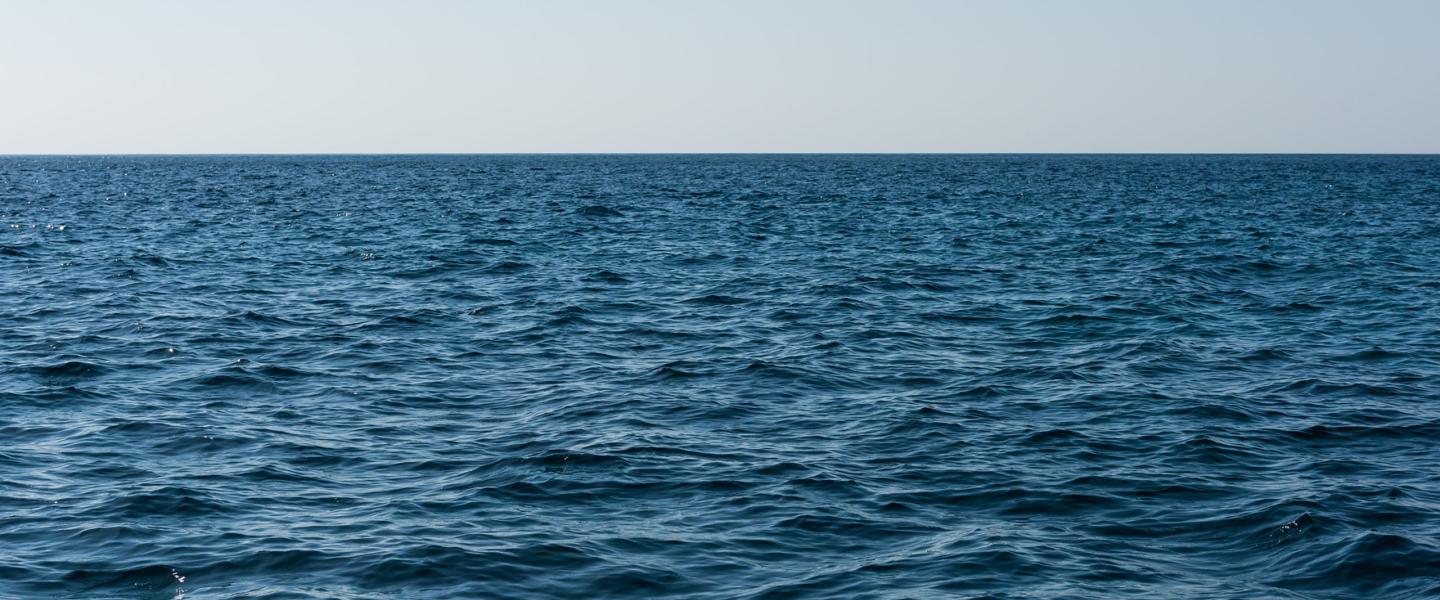
Girija Shettar, senior editor | 28 January 2016
Reproduced with express permission

At the launch of Seafarers Awareness Week in London, UK, last night, an event aimed at increasing the country’s maritime personnel recruitment and retention, it was refreshing to see that the event’s organiser, Seafarers UK, did not shy away from talking about the risks and dangers of working at sea.
“Those who work at sea are at constant risk of injury, disability or even death due to the dangerous nature of their work,” said the narrator of a film played during the opening speech by Seafarers UK director-general, Commodore Barry Bryant.
The film went on to say that being away for long periods, “some [seafarers] might suffer from loneliness, depression or struggle to manage their relationship or finances”.
Speaking to IHS Fairplay, Seafarers UK communications officer Nick Harvey said this honesty was a brave move, but that it might also have positive repercussions.
“It could open some people’s eyes and make them aware of an industry they didn’t know about before, and this is what we want,” he said.
It might also attract students and professionals who are best suited to such an environment and play a vital role in highlighting training needs and opportunities for improvement.
Indeed, maritime traumas and tragedies have attracted multiple “guardian angels” (to use a phrase I picked up from Crewtoo’s business development head Anneley Pickles). Traditionally these are, of course, the seafarer charities, fundraising bodies, and unions, but now this group includes among their number young lawyers specialising in maritime and human rights.
These professionals are insisting on transparency and collective responsibility. They understand that passive indifference by the group is as bad as active engagement in wrongdoing.
Attending the event last night was Elisabeth Mavropoulou, a Greek attorney at law who is assisting David Hammond, founder and CEO of legal research, investigation and advocacy group Human Rights at Sea (HRAS). She told IHS Fairplay: “We all have a responsibility.”
For those already tired of the human rights debate, or who had no patience for it to begin with, or who point to the Maritime Labour Convention (MLC) as the final word on human rights in maritime, Mavropoulou repeats what David Hammond has often argued: the MLC is not a human rights agreement.
“The MLC is very good, it is much needed, and it has made a very big difference to the lives of seafarers. But to be clear, it is not a human rights convention nor was it ever drafted as such. It is an employment rights and labour standards convention,” said Mavropoulou.
Typically it can be rather tricky to draw a distinction between labour and human rights. Mavropoulou explained, “Human rights are broader and they are fundamental to a human being. Human rights are the fundamental rights that you have through being, by definition, a human being.”
Some specifically human rights, she said, were “the right to live, the right to education, the right to liberty, the right to respect for family and private life (for example the right to be homosexual and not be treated unfairly because of that), the right to freedom, and the prohibition of torture, slavery, and forced labour.
“All these are fundamental human rights that the MLC does not explicitly cover because it is not a human rights convention,” said Mavropoulou.
Dedicated human rights instruments, she pointed out, include: the European Convention on Human Rights, the Universal Declaration of Human Rights, and The Convention Against Torture.
The driving force of guardian angel professionals such as Mavropoulou is the absolutely natural feeling of wanting to help others. Face to face with reality, the otherwise cold and irascible human rights debate becomes overwhelmingly, painfully, relevant.
Mavropoulos told IHS Fairplay about a recent meeting she had had with the sister of a seafarer who went missing at sea last April. “Her brother was just 22 years old. I met her in Greece and for the first time in my life I did not know what to say. The family is totally devastated. They have lost their child. What can you say in such cases? All you can do is try to help find out what happened – and we have to find out what happened. You cannot leave a mother wondering what has happened to her child when that child has simply disappeared. They have not seen a body. Nothing.”
But, incredibly, HRAS’s work is sometimes thwarted by employer companies that refuse to assist due to the reputational risk it might pose. When such tragedies occur and seafarers go missing at sea in unclear circumstances, said Mavropoulou, “the employer company needs to stand by the families, offer its support to them, and simply be by their side. It should not turn its back on them.”
While there are more than 100 cases that HRAS is currently actively pursuing, “there must be thousands of cases regarding seafarer disappearances that need resolving”, she said.
The sheer scale of the global maritime industry means HRAS faces logistical challenges. Mavropoulou explained that to be effective HRAS needed the assistance of families and their legal permission to pursue and investigate cases, but it is particularly difficult to track down families of missing fishermen from developing countries.
She said: “The families would not necessarily have access to the internet to contact us or other media outlets, or to know that we exist, or where to look for us. We would need a broad network of people who would be based locally and who could go and meet the communities and find the families”, and she highlighted that HRAS would and does need the support of media platforms “to help us identify more cases”.
The narrator of the film played at last night’s event in London said, “As an island nation, we remain reliant on our seafarers to defend us, feed us, and supply us with 95% of the things we take for granted,” while “the challenges faced by those working at sea and those organisations that help them, are changing all the time”.
If only for the economic argument, protecting the rights of seafarers is essential. If danger and challenge attracts some to the industry as to an extreme sport, an indifferent human rights record is likely to put many off.
Mavropoulou said, “Seafarers are the most important component of the maritime industry. Without them, there is no industry. Hence, we should all take a strong interest and do everything feasible to protect their human rights and provide remedies when abuses occur.”
No business should ever put money and reputation before a human life. It is appalling, and depressing to think that it happens. But one comfort is that such indifference to human life, when it does occur, is being challenged and will become harder to do because the new generation of maritime guardian angels is more qualified, organised, and serious than ever before.
To contact the author of this article, email Girija.Shettar@ihs.com
This post was sourced from IHS Fairplay. View the original article here: http://bit.ly/1TpEn8G
